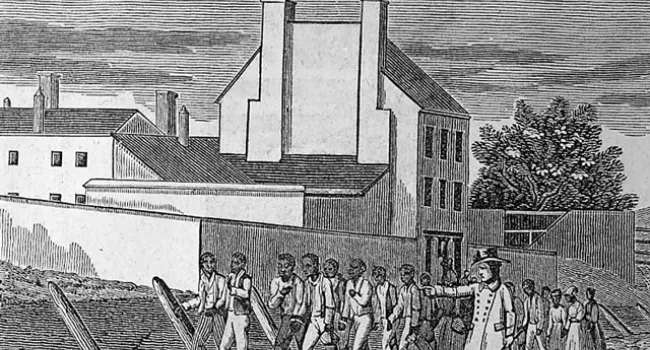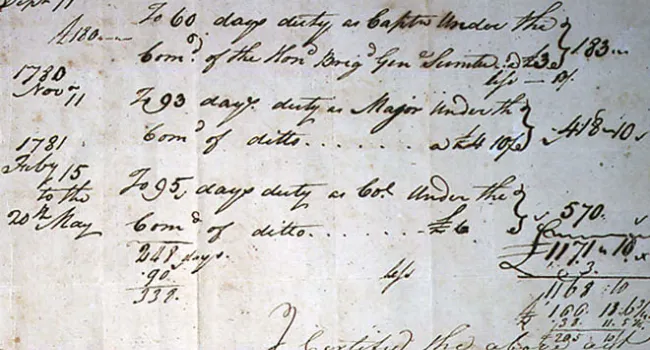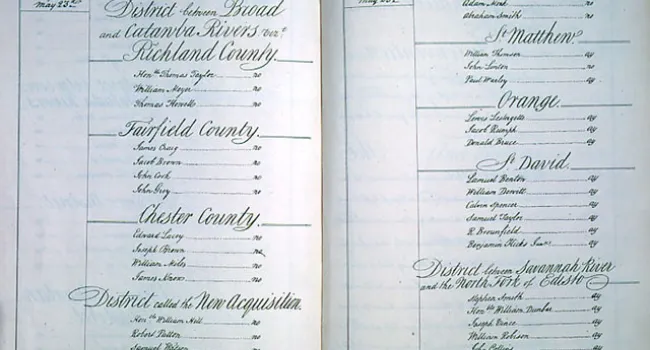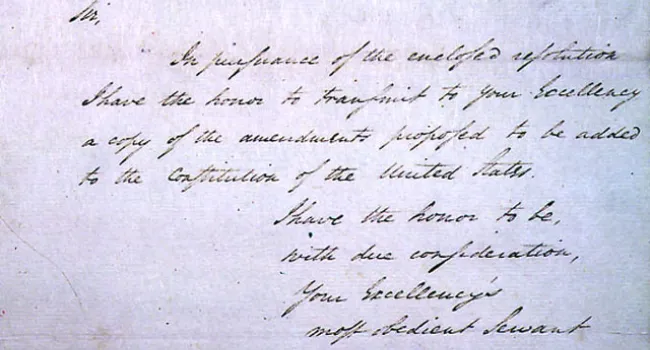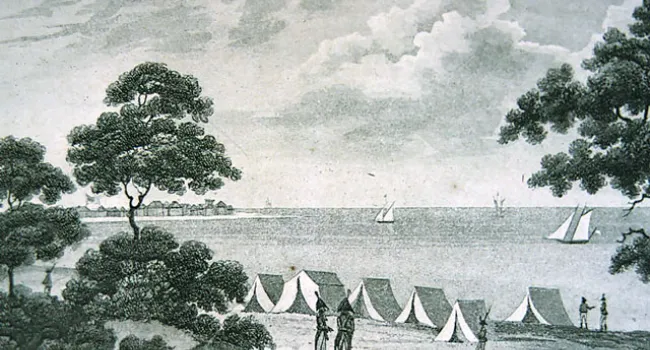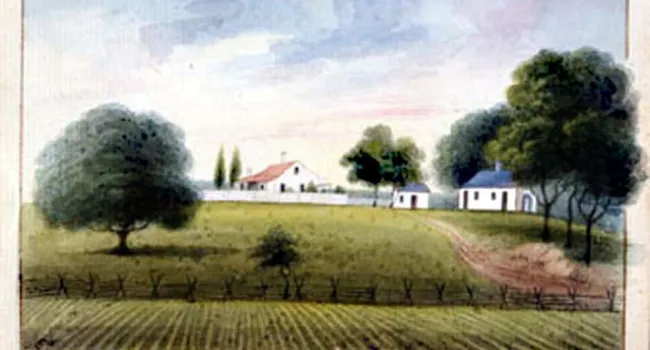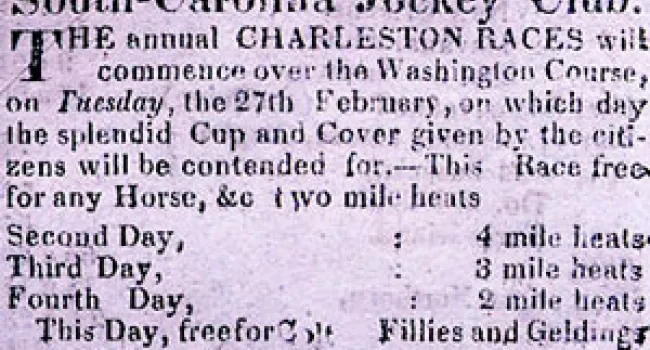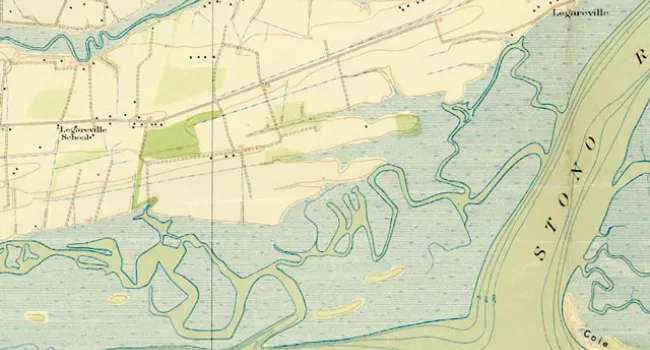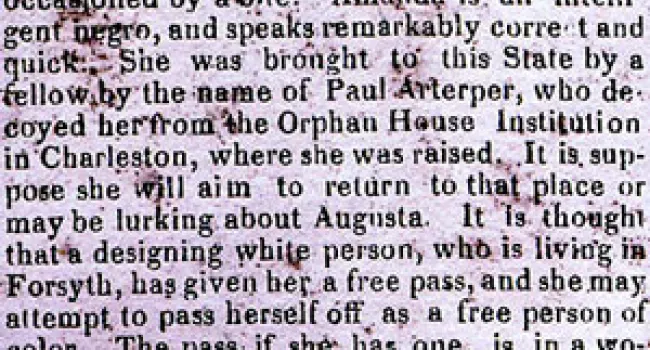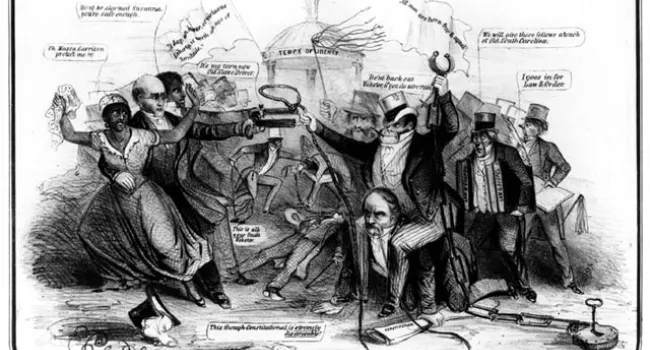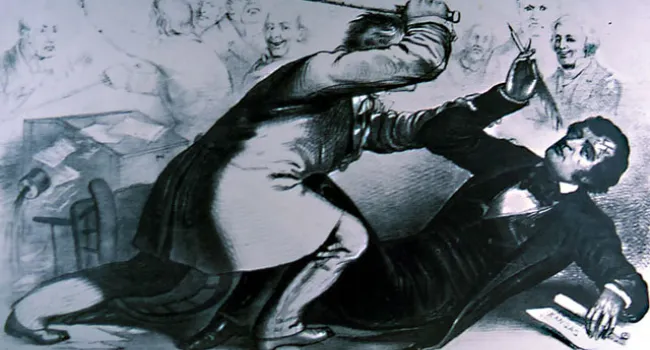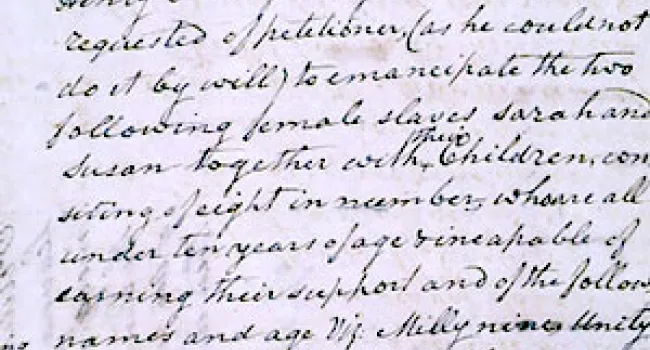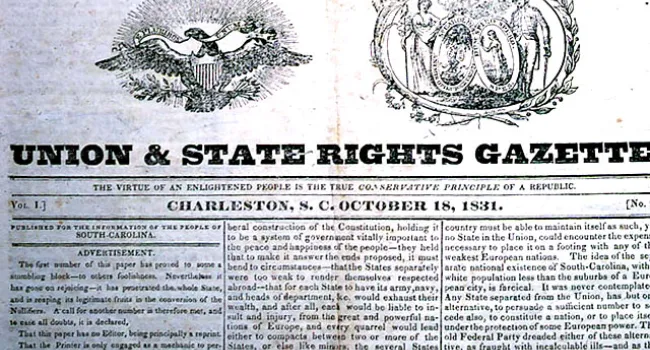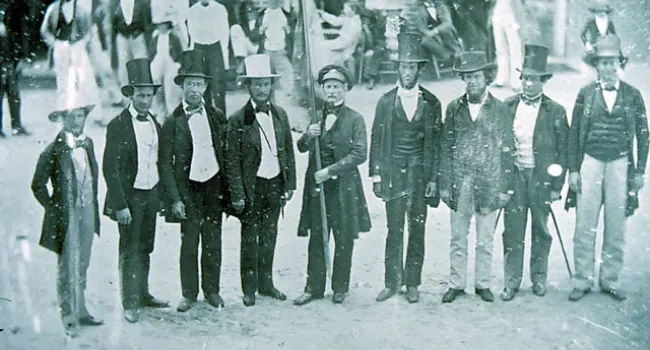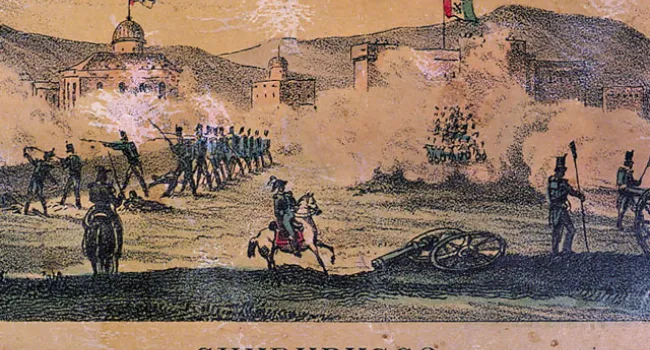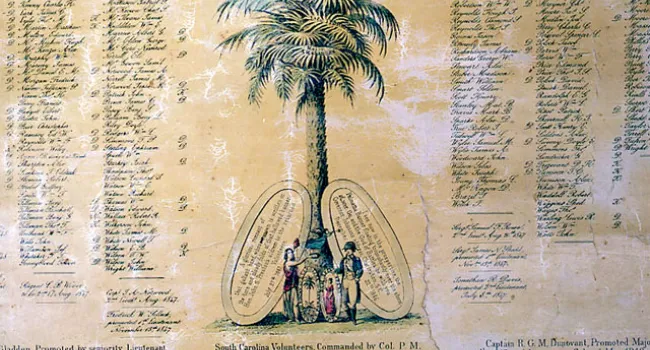
The Webster-Hayne Debate. Bitter sectional disputes emerged during the presidency of Andrew Jackson: the issues that divided north from south, and sometimes east from west, included the disposal of public lands in the west, the power of the Second Bank of the United States, and the ability of the national government to pass heavy tariffs (taxes on imported goods) to protect northern industries rather then simply to raise revenues. Southern politicians hoped to support the Westerners' desire for cheap lands in exchange for their support in lowering the tariff. John C. Calhoun (see John C. Calhoun and John C. Calhoun), who was still Vice President, had anonymously written an essay in support of the idea of nullification in 1828, claiming that South Carolina had a right to nullify the hated tax within its boundaries. In January 1830, South Carolina's ablest orator, Senator Robert Hayne (see Robert Y. Hayne), invited the west and the south to unite in support of the principles of states' rights and nullification; Massachusetts Senator Daniel Webster replied in support of the union in one of the most celebrated debates in American History.
Courtesy of the South Caroliniana Library.
Standards
- This indicator was developed to encourage inquiry into how land acquisition and the resulting border changes of the U.S. impacted the people of the western territories prior to Westward Expansion.
- This indicator was designed to encourage inquiry into the continuities and changes of the experiences of marginalized groups such as African Americans, Native Americans and women, as the U.S. expanded westward and grappled with the development of new states.
- USHC.2.E Utilize primary and secondary sources to judge the impact of economic and continental expansion on the evolving disagreements over natural rights and federalism.
- USHC.2.CX Contextualize the perspectives on the role of the federal government in securing natural rights during the period 1830–1877.

